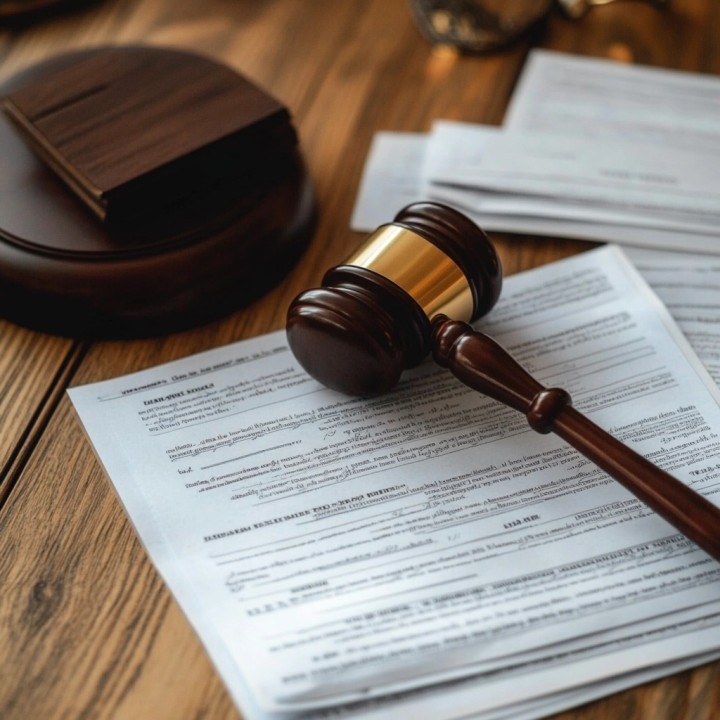Bail bonds are a crucial component of the criminal justice system, providing a means for individuals accused of a crime to remain free while awaiting trial. This freedom allows defendants to maintain their daily lives and prepare for upcoming court dates. Here, we delve into the roles and operations of bail bond agents and agencies, highlighting their importance and functionality within the legal framework.
What Are Bail Bonds?
Bail bonds are financial tools used to secure the release of a person charged with a crime, pending trial. They are an agreement between the court and the defendant, facilitated by a bail bond agent or agency, ensuring the defendant’s return to court in exchange for temporary freedom.
Role of Bail Bond Agents
Bail bond agents are professionals licensed to operate by state laws. They provide the funds necessary for bail, allowing the defendant to be released from jail. These agents act as a guarantor, pledging money or property as bail for the appearance of the defendant at court.
How Bail Bond Agents Work
Bail bond agents charge a non-refundable fee, typically 10% of the total bail amount. In return, they promise to pay the full bond amount if the defendant fails to appear in court.
Services Provided by Bail Bond Agents
Apart from arranging for bail, agents often provide additional services such as:
- Locating the defendant and bringing them to court if they flee.
- Offering payment plans for defendants who cannot afford the upfront fee.
- Giving legal advice related to the bail process (though they are not lawyers).
Bail Bond Agencies
Bail bond agencies operate as businesses that manage multiple bail bond agents. These agencies serve as a supportive backbone, providing financial and logistical assistance to their agents.
Functions of Bail Bond Agencies
- Financial Backing: They underwrite the risks associated with posting bail for clients.
- Regulatory Compliance: Agencies ensure that all operations adhere to state laws and regulations concerning bail bonds.
- Education and Training: They provide ongoing training and resources to their agents, enhancing their ability to serve clients effectively.
Choosing the Right Bail Bond Agent or Agency
Selecting a competent bail bond agent or agency is crucial for ensuring a smooth process. Important factors to consider include:
- License and Credentials: Always verify that the agent or agency is properly licensed and in good standing.
- Reputation: Look for reviews and testimonials from previous clients.
- Transparency: Good agents and agencies are upfront about fees, processes, and obligations.
Conclusion
Bail bond agents and agencies play an indispensable role in the criminal justice system by ensuring that defendants can maintain their freedom while awaiting trial. They offer a bridge between the courts and defendants, providing a necessary service that upholds the principle of innocent until proven guilty.
FAQs
- What qualifications do bail bond agents need?
- Bail bond agents typically need to be licensed by the state in which they operate, which may require passing an exam, background checks, and continuous education.
- Can anyone secure a bail bond from an agent or agency?
- Most defendants are eligible for bail bonds unless the court considers them a flight risk or a threat to public safety.
- What happens if the defendant flees?
- The bail bond agent is responsible for locating and returning the defendant to court. Failure to do so may result in the agent paying the full bail amount.
- Are there different types of bail bonds?
- Yes, there are several types, including cash bonds, surety bonds, property bonds, and federal bonds, each tailored to specific situations.
- How do bail bond agencies make money?
- Agencies earn through the non-refundable fees charged to clients, typically 10% of the bail amount, and sometimes through collateral secured in certain cases.












